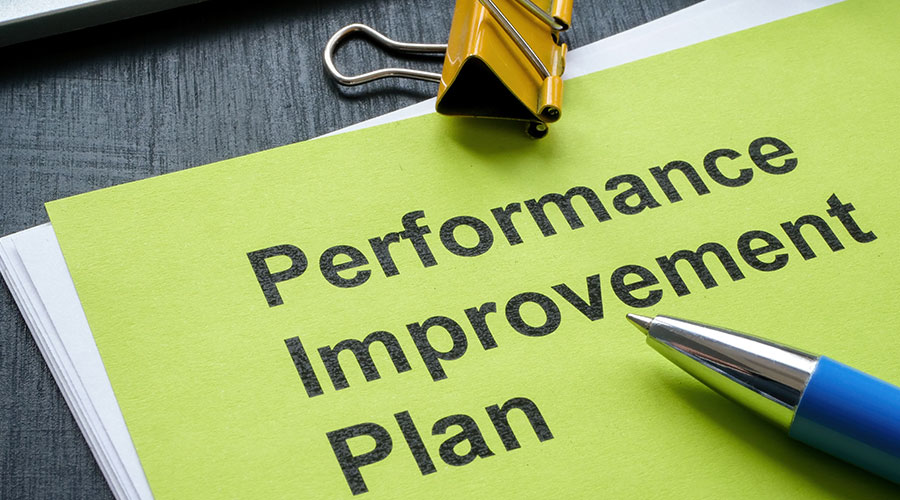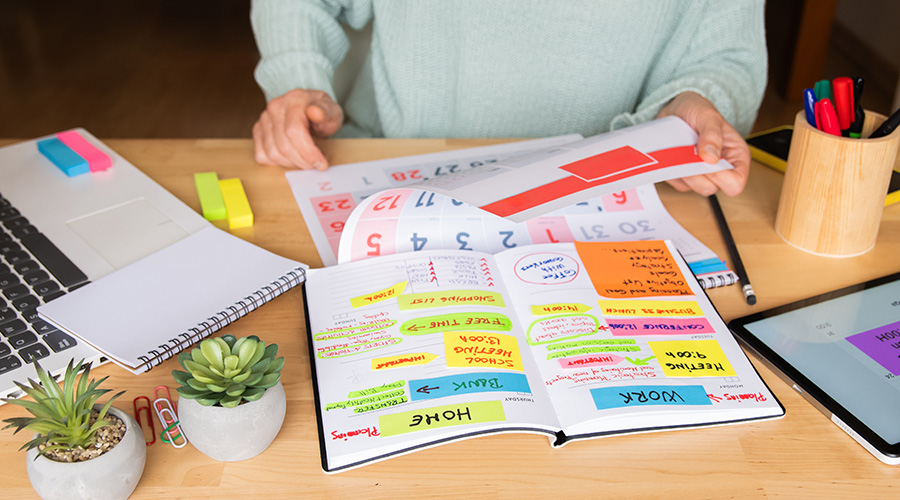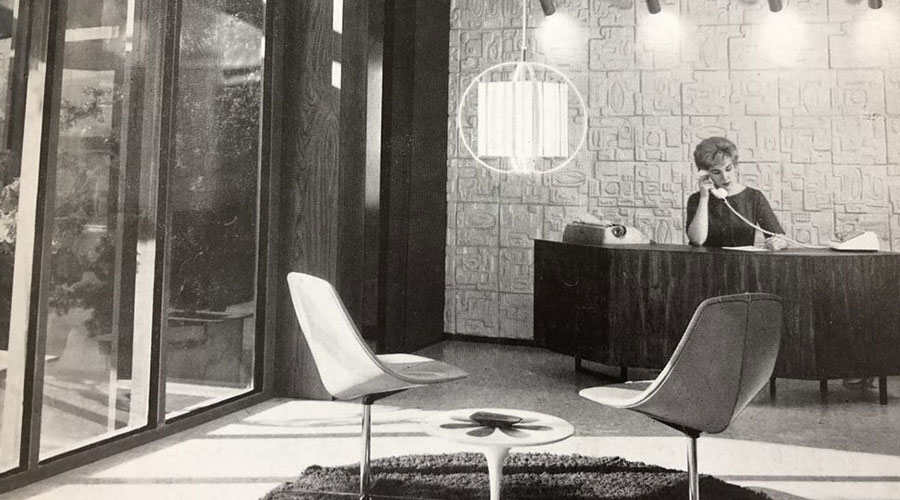Must Have Time Mangement Habits for Women in FM
Tried and true time management methods have proven to be successful within facilities management.
By Maria Ruiz, Contributing Writer
As a facilities manager with multiple locations, my day to day can instantly change from reviewing my sustainability KPIs to updating and coordinating emergency HVAC repairs. How do we do it? How do we remain calm? How do we prioritize and execute, knowing that with facilities everything happens at once and needs attention within a timeframe especially when it comes to safety, health and the environment. What I've learned is that effective time management isn't about controlling time—it's about organizing your response to it.
One of my favorite books and still one I reflect on is Stephen Covey's "The 7 Habits of Highly Effective People.” The first habit, "be proactive," perfectly shows the mindset that I value and encompass in my facilities career. I really push myself to not react, but to pause, check in with the space between the stimulus and the response and, then as each crisis unfolds, I've learned to anticipate the next move and keep ahead of it.
I also focus on the book’s second habit to “begin with the end in mind.” Like I tell my team, let’s always have an exit strategy up front. This proactive approach starts with visualization and simulation for me and my team; picking up on the patterns, the habits of others and then by the end of the week we have put together a vision that we can all adjust and adapt to. This is also intuitive, and it allows me and my team to balance time for tactical work and strategic work.
As we all know, to-do lists are a staple and a tool for so many and that’s why in the book the third habit, "put first things first,” has always been top of my list. I have learned to truly differentiate between urgent and important activities, focusing my valuable energy on tasks that prevent issues rather than just firefighting. For example, preventive maintenance scheduling uses this principle. Because I organize and place all my MEP systems through a set of scheduled inspections and audits, preventing time, energy and money from being wasted, allowing the built environment to remain humming at all times.
Here's where I'll challenge conventional wisdom: I am not a fan of multitasking. While many see it as a sacred skill in our fast-paced industry, I've discovered it actually slows me, and my team down. Instead, I practice what I call "single task, multi-execute." I focus on one project at a time but execute multiple related actions within that focus. When reviewing vendor contracts, I simultaneously update our database, schedule follow-up meetings, and prepare questions for negotiations—all within the same mental framework.
As a Lean Six Sigma Practitioner, my training reinforces this approach through waste elimination principles. Task-switching and fragmented applications creates a lot of mental waste that reduces efficiency and increases errors. I like to batch similar activities and maintain focused attention blocks. I also will spend a Friday working on blocking my calendar for the upcoming week to ensure they are not inundated with unnecessary meetings.
Organizing chaos requires systematic flexibility. I maintain standardized processes that can adapt quickly when priorities shift. Me and my team have weekly, monthly, quarterly and annual meetings to ensure we are cyclically checking on all systems and processes. One very important lesson I have learned is that you have to eliminate and subtract what is a non-value add, and this immensely opens your time!
I also like to use the Pomodoro technique to focus my time. I set an alarm for twenty-five minutes and just focus on one task, like responding to help desk tickets or responding to vendor emails all within those 25 minutes and when the timer goes off, I stop. Take a ten minute, non-work related break, and then reset the clock. I get a lot of real work done by spacing my time and my mental bandwidth throughout the day.
Effective time management in facilities isn't about having all the answers—it's about creating the space and systems to find solutions efficiently when challenges arise and as women in Facilities Management we are always up for the challenge.
Maria Ruiz is a Facilities Operations Manager at UNICEF USA with 15+ years of cross-sector expertise. Overseeing multiple national offices, she applies Lean Six Sigma methodologies to create sustainable, efficient workspaces supporting humanitarian missions. Her writing champions women in facilities management by blending technical knowledge with practical insights that empower professionals in this traditionally male-dominated field. Committed to work-life balance, Maria recharges by training in Brazilian Jiu-Jitsu with her son—finding that the discipline and focus required on the mat enhances her leadership approach in facilities management.
Related Topics:











